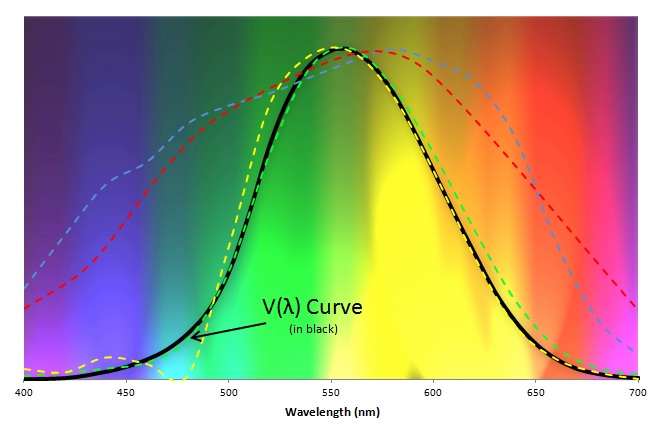If your needs are non-professional, many 'Mastech' style luxmeters cost less than $15.

Expensive meters are very explicit about the wavelength sensitivity, the evenness by which light is passed into the sensor and any optics it uses. The Minolta is a highly regarded reference meter.
http://store.imatest.com/minolta-cl-200a-chroma-meter.htmlhttp://www.otc.co.uk/Problem_With_Lux_Meters.phpThe sensor assembly and optics are the single most costly item. Black line = ideal, green = best meter, yellow = better, red? blue? lines other meters.

So a problem with basic luxmeters is that the lux it measures may not conform to the standard curve; if you have a spectra curve at least you know what the meter's biases are. A luxmeter alone doesn't show the dominant color of the light source, particularly LED. It may not be possible to compare the reading of one luxmeter to another without knowing each spectral curve, so anything but a chroma meter has limited value.
The general use folks have is the brightness of A vs A' when A' is A under various power levels or lens setup, but when doing A vs B source comparisons, you need to be sure about the spectra of A vs B to be a valid comparison.